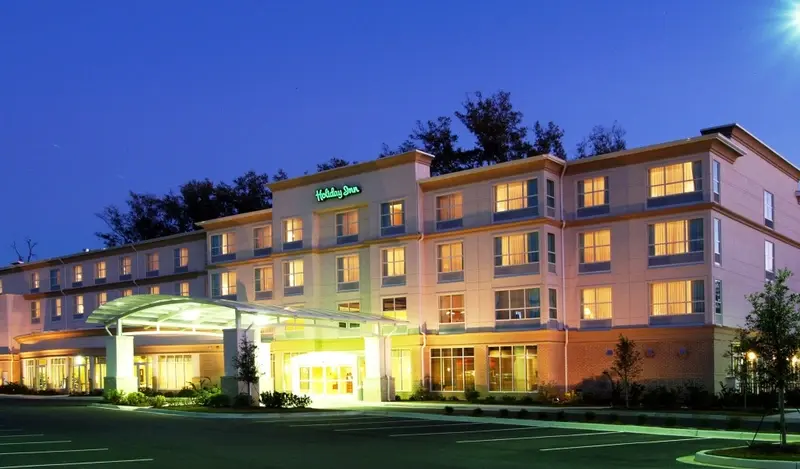
Shares in Holiday Inn owner InterContinental Hotels (IHG) are up 1.5% at £47 despite operating profit falling 22.3% to $162m in the year ending 31 December 2018.
The drop in operating profit has been blamed on a $108m jump in costs associated with InterContinental’s efficiency programme and a $112m higher in-year System Fund deficit.
Investors may be forgiving of the lower profits on hopes the efficiency programme will aid long-term growth, while underlying performance also impressed.
InterContinental says it is on track to deliver $125m in annual savings by 2020 with $75m going to the System Fund to improve marketing, guest reservation systems and hotel loyalty programme.
‘The investments we have made have had a significant impact, allowing us to further evolve established brands, move quickly to strengthen our portfolio organically and by acquisition, and create real momentum in our business,’ says chief executive officer Keith Barr.
Last week, the company revealed it is tapping into the luxury segment with the acquisition of luxury hotels operator Six Senses, but there are concerns the firm may have overpaid for the acquisition.
10% HIKE IN DIVIDEND
There are several strong points in InterContinental’s full year results.
The annual dividend has been hiked by 10% to 114.4c , underpinned by a 2.5% rise in global revenue per available room (RevPAR) and a 19% jump in underlying earnings per share.
RevPAR is an important industry metric that reveals how good hotels are at filling their rooms. It is calculated by multiplying the average daily room rate by the occupancy rate.
InterContinental has been generous with its dividends with shareholder returns in 2018 reaching over $700m when a $500m special dividend paid in January 2019 is taken into account.
Sales increased 6.4% to $262m in the year to 31 December, helped by a robust performance in the US and stronger growth in Greater China and Europe, Middle East, Asia and Africa.





